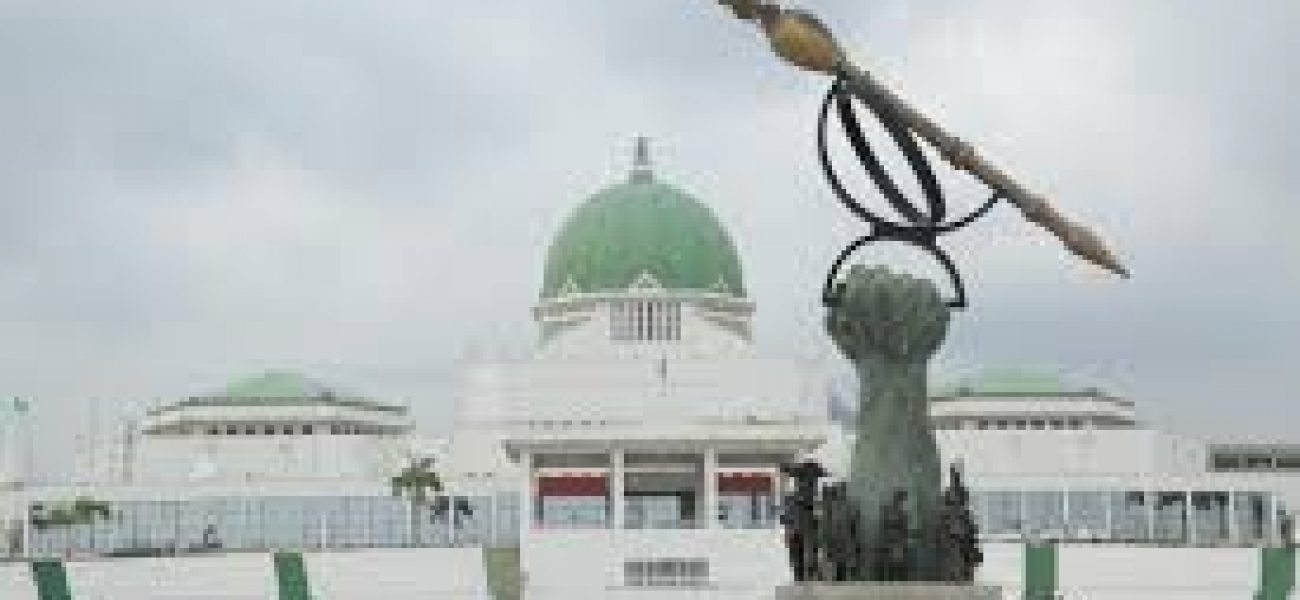From the earliest days of the 10th National Assembly, Nigeria’s legislative landscape began to tilt conspicuously toward monolithic control. The election of presiding officers in both chambers—carried out with minimal resistance and wide cross-party alignment—offered a forewarning of the erosion of meaningful opposition in the country’s federal legislature.
In the House of Representatives, Hon. Tajudeen Abbas, backed by the executive and ruling All Progressives Congress (APC), secured a commanding 357 out of 360 votes. The near-total consensus, which included votes from virtually all opposition lawmakers, signaled a breakdown in party discipline and the sidelining of dissent. Rather than fostering an adversarial or independent legislature, the moment affirmed executive dominance. To solidify loyalty and maintain cohesion, Abbas went on to create an unprecedented number of House committees. In a strategic move, several influential and well-resourced committees were allocated to members of opposition parties—one prominent example being Hon. Ugochinyere Ikeagwuonu (PDP–Imo), a vocal legislator who now chairs the Committee on Petroleum Resources (Downstream).
In the Senate, the story was much the same. Sen. Godswill Akpabio’s election as Senate President followed a similarly unchallenged path, backed by high-level political consensus. Since then, the upper chamber has witnessed a wave of defections from opposition parties to the ruling APC. This trend persists despite constitutional provisions in Section 68(1)(g) of the 1999 Constitution, which explicitly bars legislators from switching parties without vacating their seats—except in cases of internal party divisions. However, Nigerian courts have historically applied this clause with flexibility, often ruling in favor of defectors by accepting vague claims of party “crisis” as justification.
The response from opposition party leaders has been notably passive. Lacking a unified strategy or firm leadership, opposition parties have limited themselves to rhetorical condemnations and vague threats of court action, with little to no follow-through. In some instances, opposition party executives themselves are rumored to be courting alliances with the ruling party, further hollowing out their institutional integrity.
Today, Nigeria’s three leading opposition parties—the People’s Democratic Party (PDP), Labour Party (LP), and New Nigeria Peoples Party (NNPP)—are riven by infighting, court cases, and leadership struggles. Their collective disarray has significantly weakened their capacity to serve as effective counterweights to the APC-dominated federal government.
In what is becoming a defining feature of Nigeria’s Fourth Republic politics, defections in the National Assembly continue to reshape the legislative landscape. Just this week, eight members of the House of Representatives announced their defection from the parties on whose platforms they were elected, reigniting debates about party loyalty and constitutional accountability. Among the defectors are 6 PDP House of Representatives lawmakers – Hon. Nicholas Mutu, Hon. Victor Nwokolo, Hon. Thomas Ereyitomi, Hon. Nnamdi Ezechi, Hon. Julius Pondi, and Hon. Ukodhiko Ajiroghene Jonathan from Delta State who defected to APC and 2 legislators – Hon. Mark Obetta and Hon. Dennis Amadi Agbo from Enugu State who defected from the Labour Party to the ruling PDP in the State citing internal crisis and leadership disputes within their former parties.
These defections raise critical constitutional questions. Section 68(1)(g) of the Constitution clearly states that a lawmaker must vacate their seat if they defect without a valid justification, such as party division or merger. Yet in practice, enforcement is rare. Lawmakers often cite factional crisis as cover, and courts are slow or politically reluctant to rule on such cases.
At the inauguration of the 10th National Assembly in June 2023, the APC held 179 seats in the House of Representatives, while the PDP held 117. Following the wave of defections, court rulings and the replacement of deceased members, the APC has grown to 207 Members, while PDP’s numbers have declined to 92, further consolidating APC’s majority in the lower chamber.
Specific examples of defections in the House of Representatives that contributed to the APC’s growing numbers in the 10th National Assembly include Hon. Nicholas Mutu – Delta State; Hon. Chris Nkwonta – Abia State; Hon. Idris Salman- Kogi State; Hon. Tochukwu Chinedu Okere- Imo State.
As the country inches closer to the 2027 general elections, these developments raise critical concerns. The National Assembly’s independence is being compromised by an overwhelming alignment with the executive, and the broader democratic framework risks stagnation. The absence of vibrant opposition not only diminishes the checks and balances needed for healthy governance but also undermines voter confidence and participation.
If the tide of defections, internal collapse of opposition parties, and unchecked consolidation of power continues, Nigeria may find itself edging closer to a de facto one-party state. The consequences for electoral credibility, democratic pluralism, and civic engagement could be profound—and enduring.

